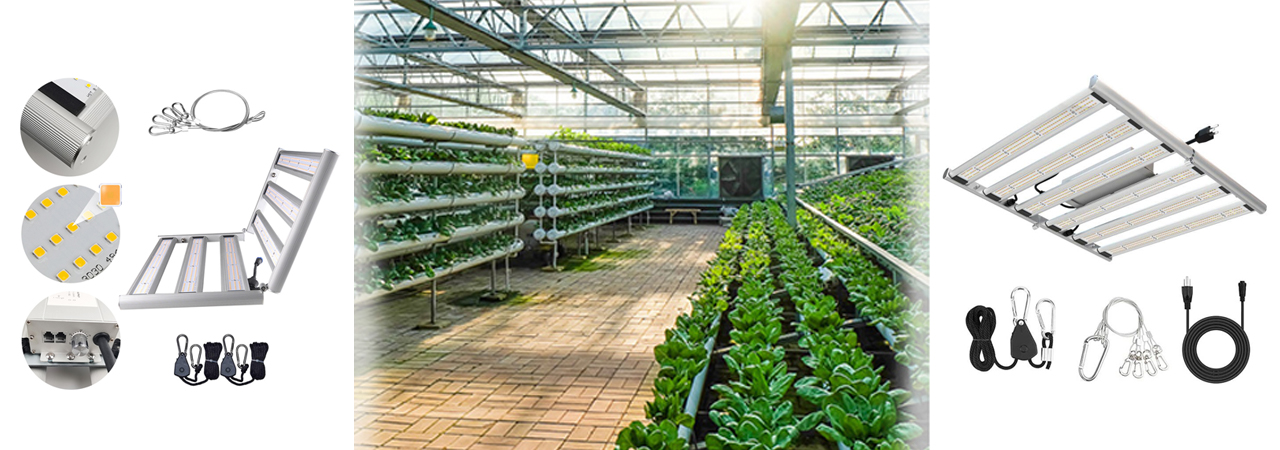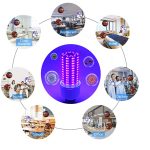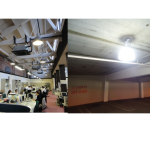What is the effect of plant lights on the growth cycle of plants?
In traditional agricultural production, ordinary electric light sources are generally used to supplement light, and agricultural technical measures such as the application of different covering materials, such as the use of monochromatic fluorescent lamps or colored plastic films, change the light environment to regulate the growth and development of plants in the facility cultivation environment. LED plant lights adopt different measures to avoid problems of different degrees, such as lack of analysis of specific spectral components, resulting in impure light quality processing, inconsistent light intensity, close to or even lower than the light compensation point of plants, and energy-efficient lighting sources The brightness is low.
Plants rely on light energy for photosynthesis to grow, flower and bear fruit. However, due to the changing climate and light changes in nature, plants cannot fully absorb the required photosynthetic nutrients during different growth periods, which brings disadvantages to growth, especially in the seedling stage. In this regard, scientific and reasonable artificial spectrum creates good absorption and reflection conditions for plant growth. The energy values of the blue light zone and the red light zone are very close to the efficiency curve of plant photosynthesis (and the efficiency is more significant for green plants), and they are the best light sources for plant growth.
In short, red light can promote the rooting of chrysanthemum stems, the formation of chlorophyll, the accumulation, absorption and utilization of carbohydrates. In the process of rapid propagation, red light plant lamps are used to supplement light, which has obvious effects on promoting rapid rooting of various plants and improving the quality of seedlings.
more porduct:



